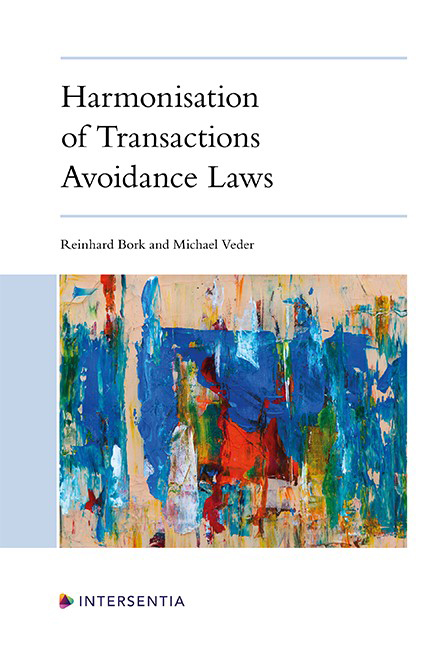Romania
Published online by Cambridge University Press: 26 May 2022
Summary
A. INSOLVENCY LAW OF ROMANIA
In Romania, insolvency enjoys its own statutory instruments.
Companies, other legal entities pursuing commercial activities, and natural persons acting as traders have their insolvencies regulated by Act no. 85/2014 on the prevention of insolvency and on the insolvency procedures (in Romanian “Legea nr. 85 din 25 iunie 2014 privind procedurile de prevenire a insolvenţei şi de insolvenţă ”). Consumer insolvencies are outside its scope.
Consumers ‘insolvencies are regulated by Act no. 151/2015 on the natural persons’ insolvency procedure (in Romanian “Legea nr. 151/2015 privind procedura insolven ţ ei persoanelor fizice”).
Finally, insolvencies of the municipalities are regulated by the Government Emergency Ordinance no. 46/2013 on the financial crisis and on the insolvency of the municipalities (in Romanian “Ordonanţa de Urgenţă nr. 46 din 21 mai 2013 privind criza financiară şi insolvenţa unităţ ilor administrativ-teritoriale”).
Transaction avoidance is regulated both in the Civil Code (lex generalia) and in the insolvency statutory instruments (lex specialia). As the Roman law principle goes, specialia generalibus derogant, in case of insolvency the rules applicable to the avoidance of transactions concluded by the debtor in the “suspect period” are to be found in the insolvency statutory instruments.
In the context of restructuring proceedings, Romanian law makes a strict distinction between pre-insolvency restructuring proceedings (“mandat ad-hoc” and “concordat preventiv”) and insolvency judicial reorganization (“reorganizare judiciară”).
The special provisions (lex specialia) are applicable to insolvency judicial reorganisation only.
A transaction avoidance action initiated before the opening of the insolvency proceedings is regulated by the rules laid down in the Civil Code. Romania has not yet implemented Directive 2019/1023, but the implementing bill is currently drafted. The rule on pre-insolvency transaction avoidance in the implementing bill remains the same: the avoidance of such transactions is governed by the rules laid down in the Civil Code.
B. SCOPE
By all appearances, the implementation of the Model Law would not change the scope of Romanian law on transaction avoidance.
- Type
- Chapter
- Information
- Harmonisation of Transactions Avoidance Laws , pp. 459 - 474Publisher: IntersentiaPrint publication year: 2022



